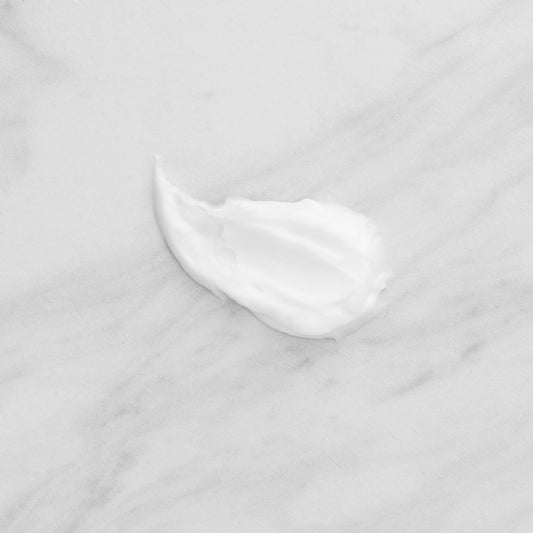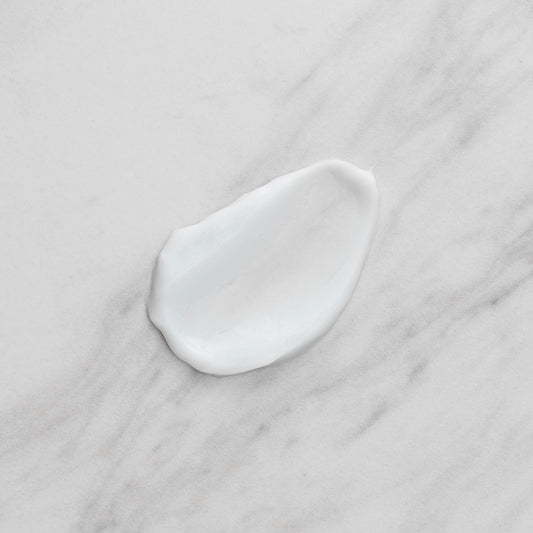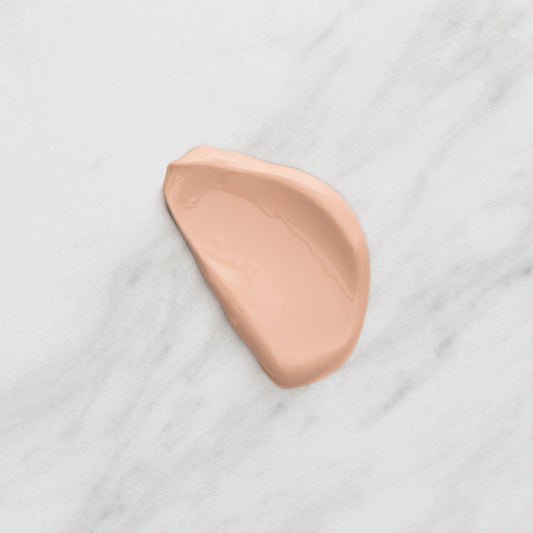
Share
9 Tips to Prepare Your Sensitive Skin for Winter
As we move into the colder months, the effects of chilly air and indoor heating can take a toll on your skin—especially if it’s sensitive. The dry air and dropping temperatures can lead to a loss of moisture, leaving your skin vulnerable to irritation, redness, and flare-ups. To make the seasonal transition as smooth as possible, adjusting your skincare routine is essential for protecting and soothing sensitive skin.
Here are some key tips for preparing your skin for winter, ensuring it stays hydrated, calm, and balanced.
1. Boost Your Hydration
Winter air tends to have lower humidity, which can deplete your skin’s moisture, causing it to become dry and more reactive. Switching to a richer, more emollient moisturizer helps create a protective barrier against the elements. Ingredients like ceramides, glycerin, and hyaluronic acid are particularly effective at locking in hydration. In fact, ceramide-rich moisturizers have been shown to improve skin hydration significantly, helping sensitive skin maintain its moisture even in harsher climates.
To further enhance hydration, you might also consider layering products—using a hydrating serum under your moisturizer can help deliver an extra moisture boost. Serums that contain hyaluronic acid attract moisture to the skin, allowing it to stay plump and soft, a much-needed defense in drier weather.
2. Rethink Hot Showers
When it’s cold outside, a long, hot shower feels incredibly tempting, but it can actually strip your skin of its natural oils. This leaves the skin more prone to dryness and irritation—something sensitive skin is already more susceptible to. Opting for lukewarm water instead helps maintain the skin’s moisture balance, making a significant difference in how your skin feels and reacts to the weather. Research has shown that bathing in hot water can exacerbate dryness, increasing the chances of irritation, so turning the temperature down is a small change with big benefits.
3. Humidify Your Space
Indoor heating might keep you cozy, but it also dries out the air, which can have a direct impact on your skin’s moisture levels. A humidifier adds much-needed moisture back into the environment, helping your skin stay hydrated. Keeping a humidifier running while you sleep can especially help your skin recover overnight, replenishing moisture levels as the air dries out. Studies suggest that increasing humidity indoors can significantly reduce skin dryness, improving overall skin hydration by nearly a third.
4. Be Gentle with Cleansers
In the winter, it’s important to switch to a more gentle, cream-based cleanser. Traditional foaming cleansers can strip the skin, leaving it more sensitive to the dry, cold air outside. Cream cleansers are far more nourishing, helping to protect the skin’s natural barrier. Those with sensitive skin often find that cream-based cleansers reduce irritation, keeping the skin calm during seasonal changes.
5. Protect Against the Elements
Cold winds can be especially harsh on sensitive skin, leaving it chapped and red. When venturing outside, consider protecting your face with a scarf and applying a richer, more occlusive balm to areas prone to irritation. This not only acts as a barrier against the wind but also helps prevent moisture loss. Exposure to wind and cold has been linked to increased irritation in sensitive skin, and protecting the skin physically from these elements can minimize discomfort and flare-ups.
6. Don’t Forget Mineral Sunscreen
Sunscreen may seem less important during the colder months, but UV rays are still present year-round. In fact, winter conditions can even amplify their effects—snow reflects up to 80% of UV rays, increasing exposure. Sensitive skin can benefit greatly from daily use of a mineral-based sunscreen, as these formulas are less likely to irritate and offer consistent protection. Regular use of sunscreen during winter helps prevent both sun damage and skin irritation, ensuring your skin remains protected from hidden environmental stressors.
7. Avoid Alcohol-Based Products
Alcohol-based toners or astringents can exacerbate dryness and irritation in winter, making them a no-go for sensitive skin. Switching to alcohol-free versions helps maintain your skin’s hydration, reducing the chance of inflammation. During colder months, avoiding ingredients that can strip the skin is crucial for keeping it calm and comfortable.
8. Nourish from the Inside Out
As the season shifts, your diet plays a key role in how your skin behaves. Omega-3 fatty acids, found in foods like salmon and walnuts, can support your skin’s barrier function, helping it retain moisture. A diet rich in antioxidants and omega-3s has been linked to improved skin hydration, keeping your complexion resilient during harsh winter months.
9. Adjust Your Routine Slowly
Introducing new products all at once can overwhelm sensitive skin, especially during seasonal transitions. It’s important to make adjustments gradually, giving your skin time to adapt. This allows you to notice any reactions and minimize irritation, helping your skin maintain a steady, calm state as you transition into winter.
Conclusion: Ease into Winter with Care
Winter can be tough on sensitive skin, but with the right approach, you can help maintain a calm and balanced complexion. By boosting hydration, protecting your skin from the elements, and adjusting your skincare routine to suit the season, you can prevent many of the common skin issues associated with colder weather. Remember, small changes—like using a humidifier or switching to a richer moisturizer—can make all the difference for keeping your skin healthy and resilient throughout the season.




